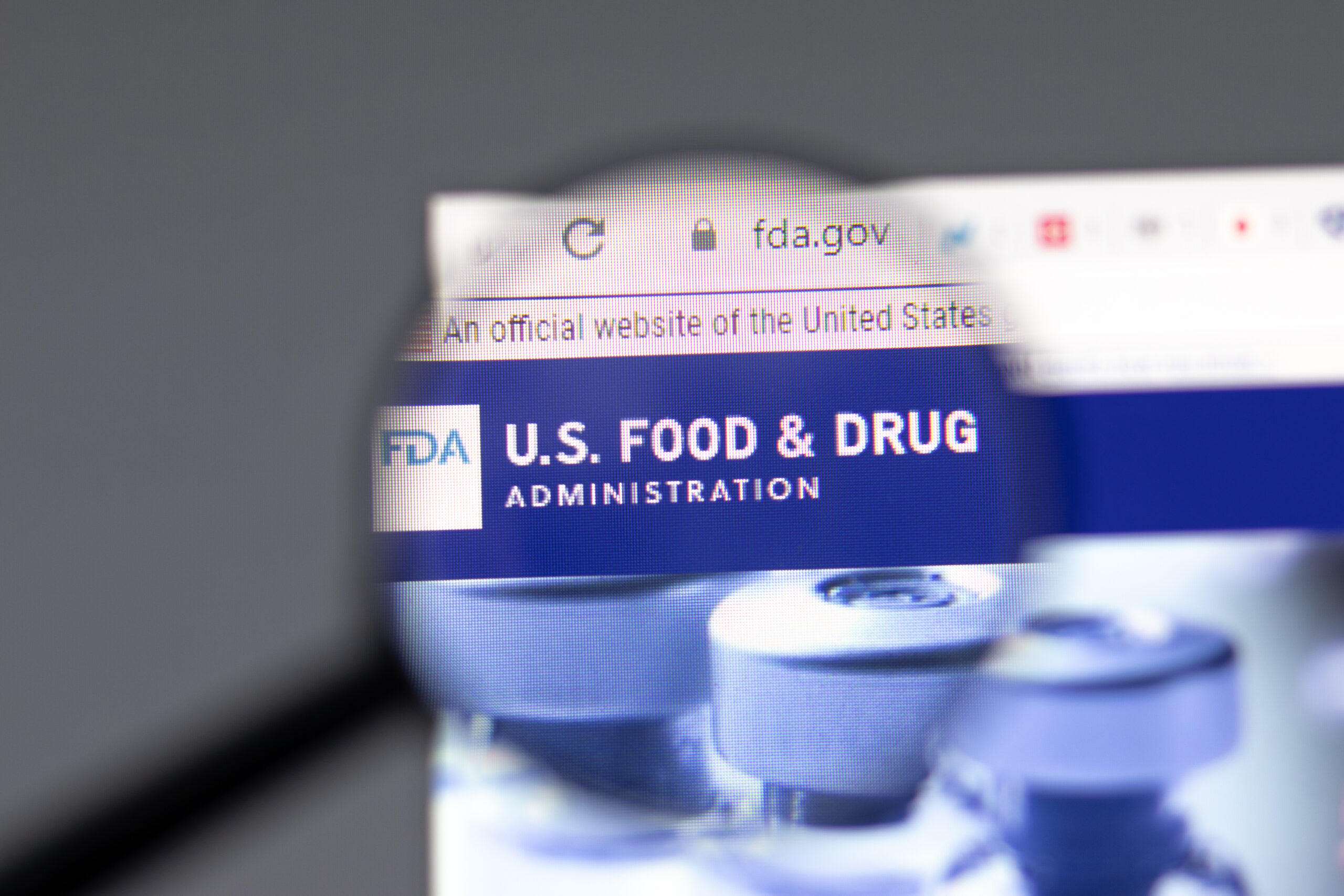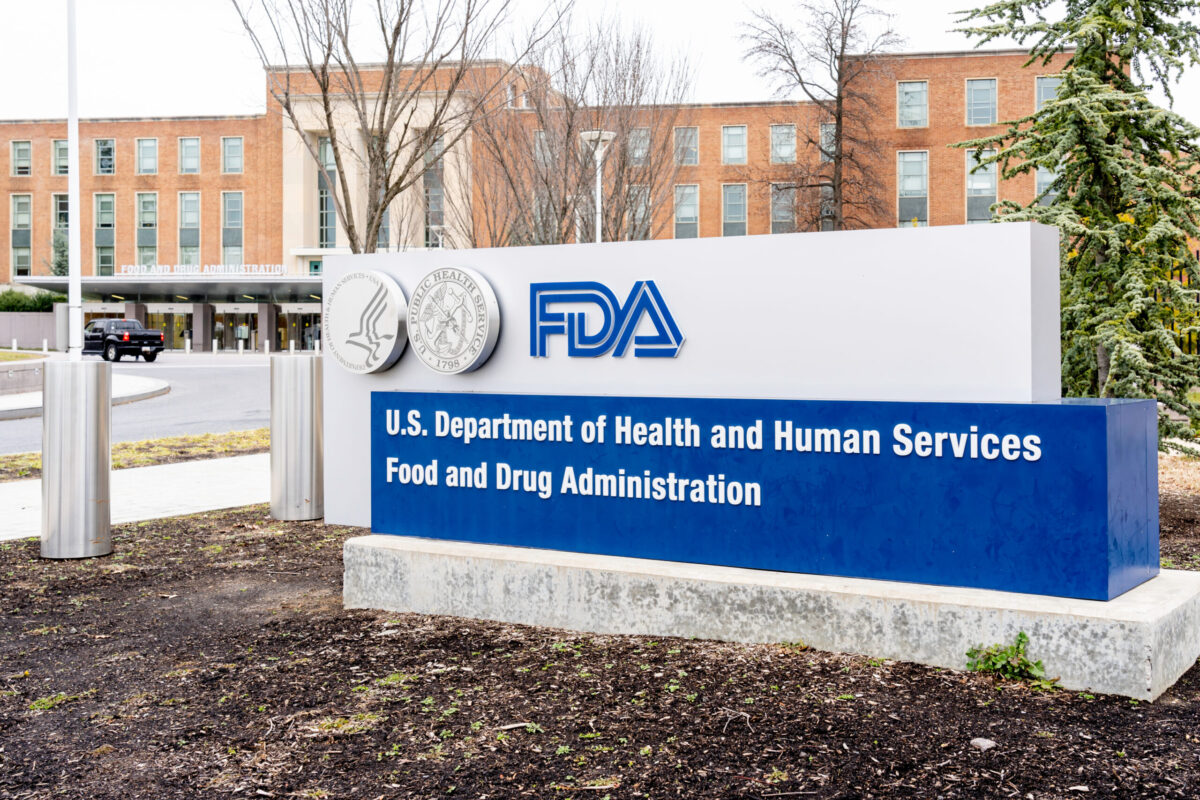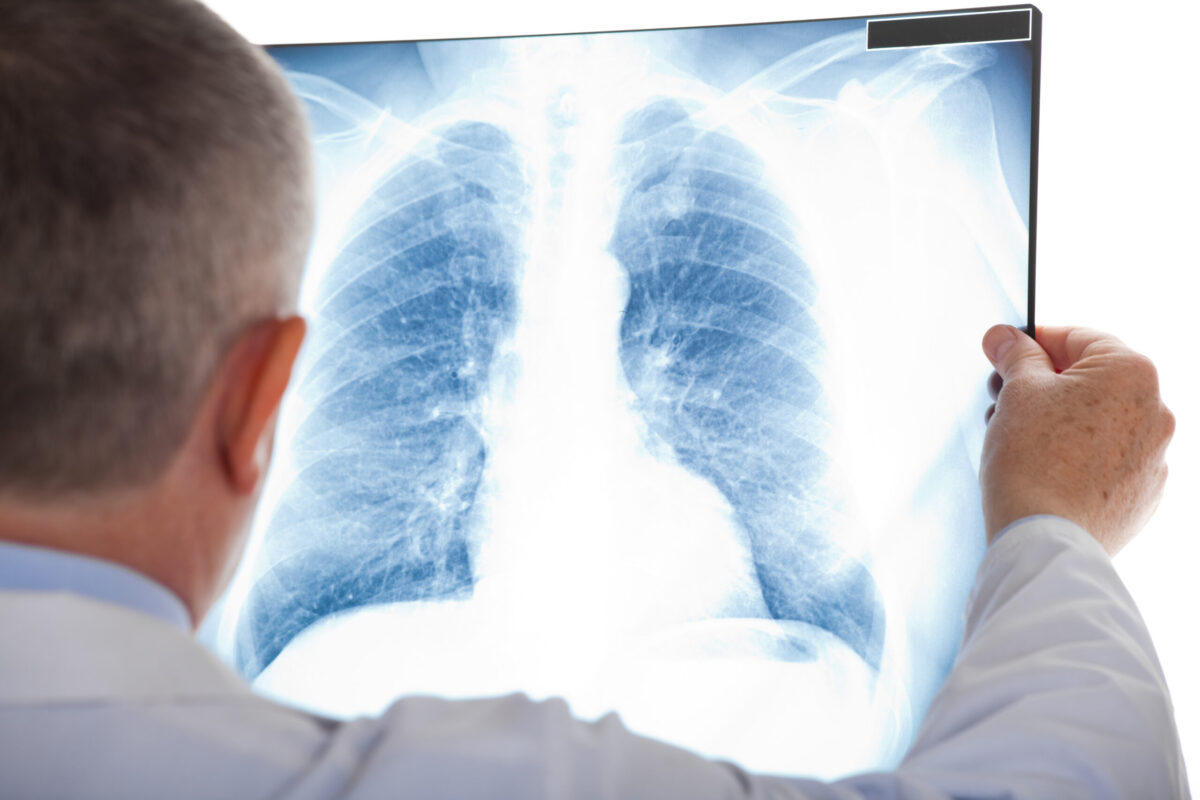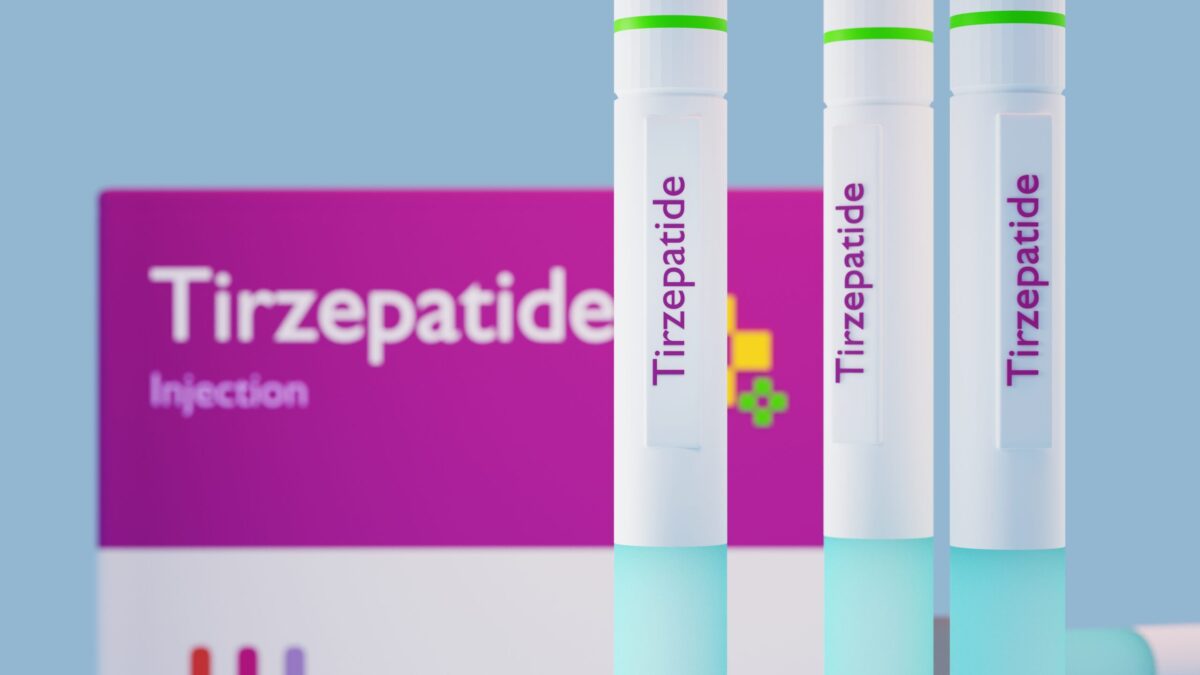California-based biotech, Ultragenyx, has posted broadly positive data from its late-stage clinical trial of the rare metabolic disorder, mucopolysaccharidosis 7 (MPS7). While the Phase III clinical trial enrolled only a small number of patients, and the primary endpoint was considered to be poorly-defined, the data for the company’s experimental recombinant human beta-glucuronidase (rhGUS, UX003), was promising.
One of 11 forms of the disease, MPS7 – also known as Sly syndrome – is a genetic disorder which usually affects young children. Occurring in only one in one million births, the metabolic disorder is extremely rare, however the most severe forms of MPS7 can have a detrimental effect on a patient’s life expectancy.
Only 200 patients around the world have been diagnosed with the disorder, with less than half of those cases occurring in the US. MPS7 results in a deficiency in the enzyme beta-glucuronidase, which is required for the catalysis of glycosaminoglycans (GAGs), such as dermatan sulfate, chondroitin sulfate and heparan sulfate. These polysaccharides are essential components for many tissue types.
According to Ultragenyx, the 12-patient clinical trial met its primary endpoint of reducing urinary GAG excretion after 24 weeks. This biomarker was reduced by 64.8 percent, compared to baseline measurements.
“Treatment with rhGUS showed a rapid and sustained reduction in urinary GAG excretion, as well as signs of clinical improvement in this heterogeneous patient population,” said Dr. Emil D. Kakkis, CEO and President of Ultragenyx. “We look forward to working with the FDA and EMA to file these data with the goal of bringing this potential treatment to patients with MPS7 who currently have no other options.”
Despite its problems with a slightly high P-value for its secondary endpoint – which was assessed using measures such as the 6-minute walk test, fatigue and clarity of vision, as part of the Multi-Domain Responder Index (MDRI) – the biotech plans to file for EMA and FDA approval early next year.
While there is currently no treatment for MPS7, there are a few therapies for other forms of the rare disease on the market, including Sanofi/Genzyme’s MPS 1 Aldurazyme (laronidase), Shire’s MPS 2 Elaprase (idursulfase) and BioMarin’s MPS 4A Vimizim (elosulfase alfa). According to the MPS Society, the occurrence of all MPS disorders is thought to be one in 25,000 births.












Join or login to leave a comment
JOIN LOGIN